Iranian Foreign Minister Abbas Araghchi on Monday called for compliance with nuclear disarmament regime and also warned against partial implementation of human rights norms.
Iranian Foreign Minister Abbas Araghchi has arrived in Geneva to participate in the UN Disarmament Conference and the UN Human Rights Commission meeting, the Foreign Ministry said in a statement on Monday.
Araghchi departed for the UN European headquarters from Lebanon after taking part in the funeral of the Hezbollah Leader Seyed Hassan Nasrallah in Beirut on Sunday. According to the statement, he is scheduled to meet UN Secretary General Antonio Guterres and hold negotiations with foreign counterparts.
Iranian foreign ministers take the opportunity of participating in international and regional forums to state the country’s position on the theme of the meetings in their speeches and to discuss bilateral issues on the sidelines of the events.
“Araghchi and the UN chief discussed pressing global issues and the importance of international collaboration to address ongoing threats to peace and security,” the official IRNA news agency reported.
It was prior to Araghchi’s speech at the 2025 Conference on Disarmament High-level Segment, which opened with remarks by Guterres later on Monday.
Iran is one of the original 50 founding states of the United Nations and has been a member of UN agencies and a signatory to the UN conventions.
Araghchi’s attendance at this year’s UN disarmament and human rights meetings comes amid new developments in the Middle East and an escalation of tensions in the region.
In his speech, the Iranian foreign minister called on the international community and the United Nations to prioritize the issue of nuclear disarmament.
“Failure to comply with legally binding obligations related to nuclear disarmament, especially under Article 6 of the NPT, will weaken the disarmament and arms control regime,” he said.
With nuclear states in its immediate neighbourhood, Tehran is critical of the state of proliferation and disarmament in the region. The regional conditions have been exacerbated by the Israel-Hamas war and unconfirmed media reports that a section of regional Arab countries are considering becoming nuclear states.
Iran maintains it is a victim of harshest sanctions over its peaceful nuclear program despite accepting UN nuclear watchdog IAEA inspectors. Iran and world powers signed the nuclear agreement in 2015, agreeing to limits on Tehran’s nuclear activities in exchange for sanctions relief.
However, the US withdrew in 2018 under the Trump presidency and reimposed sanctions, prompting Iran to scale back its commitments. Talks to revive the deal have remained inconclusive since 2021.
The Iranian foreign minister also delivered a speech at the 58th session of the Human Rights Council in Geneva, in which he expressed concern certain countries are using human rights to exert political and economic pressure on other nations or interfere in their internal affairs.
“We call on all governments to work toward protecting and promoting human rights based on the principles of fairness and impartiality,” IRNA quoted him saying.
Tehran denounces the human rights criticisms led by Western countries, accusing them of double standards and citing religious and cultural differences.
Read next
21:45
Iran
The United States imposed sanctions on more than 30 people and vessels for their role in selling and transporting Iranian petroleum-related products as part of Tehran's "shadow fleet," the Treasury Department said.
12:39
Third EURASIA Expo International Exhibition will be held at Tehran Central Exhibition Complex from 21 to 24 February. Iran has an observer status in the Russian-lead Eurasian Economic Union since last December.
11:52
Iran's Supreme Leader, Ali Khamenei urged the Emir of Qatar to release Iranian oil revenues that had been frozen in Doha regardless of any U.S. pressure.
15:58
QATAR-IRAN
Qatar's Amir Sheikh Tamim bin Hamad Al-Thani, has arrived in Tehran on Wednesday for talks with President Masoud Pezeshkian and senior Iranian officials.
14:54
IRAN
Iranian authorities have filed espionage charges against a British couple detained in January, as reported by local media citing Iran's Judiciary spokesperson, Asghar Jahangir.



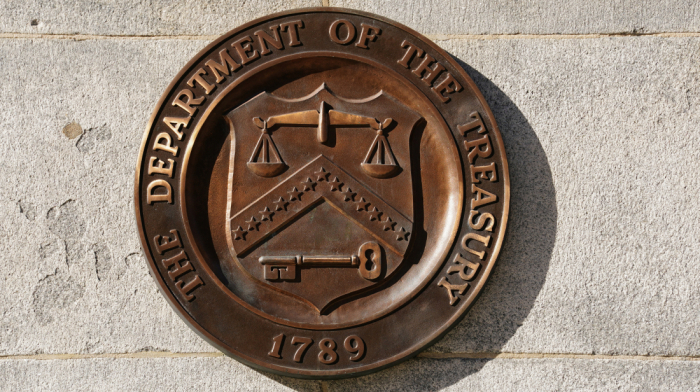

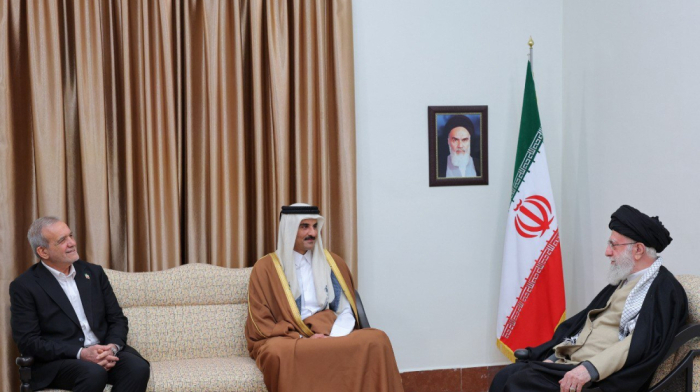
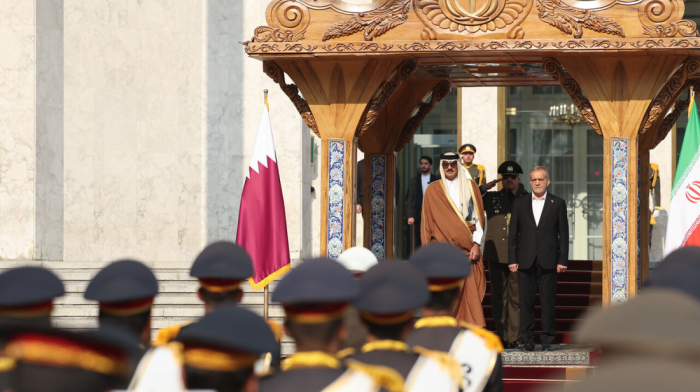
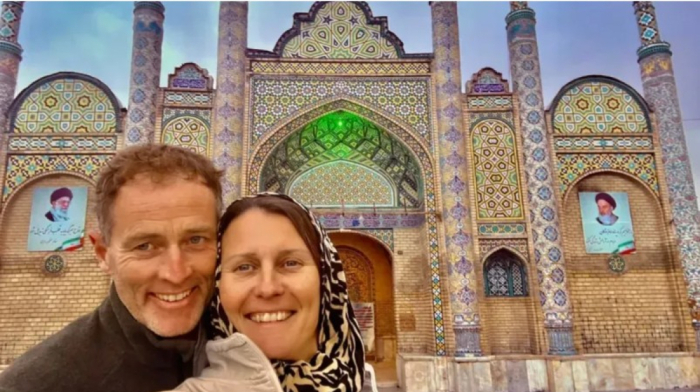
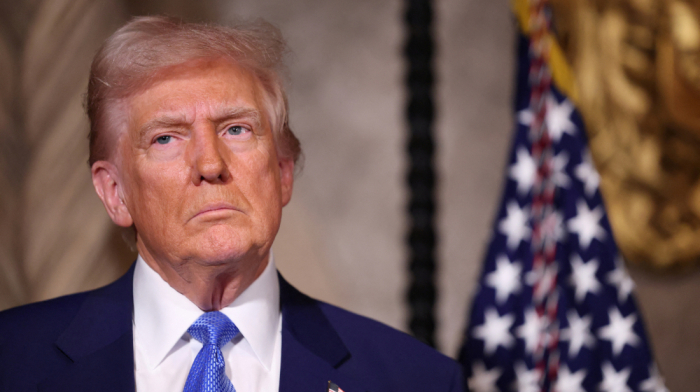
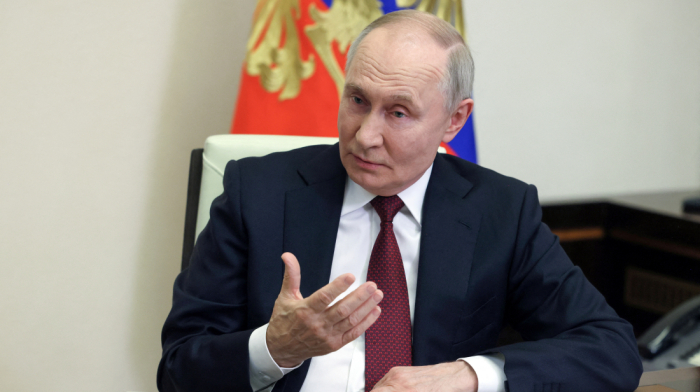
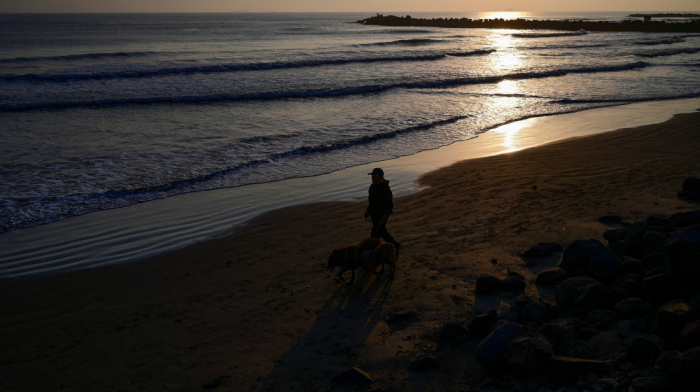
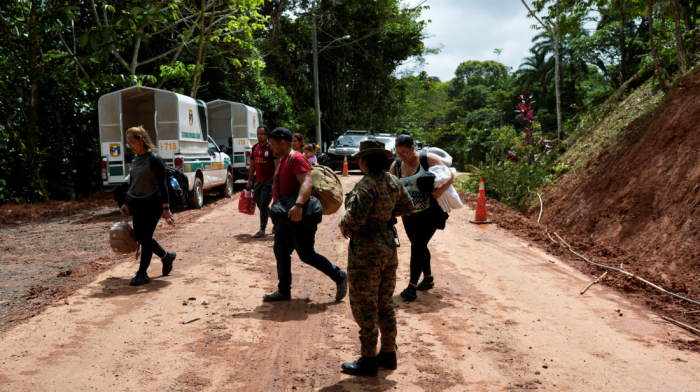
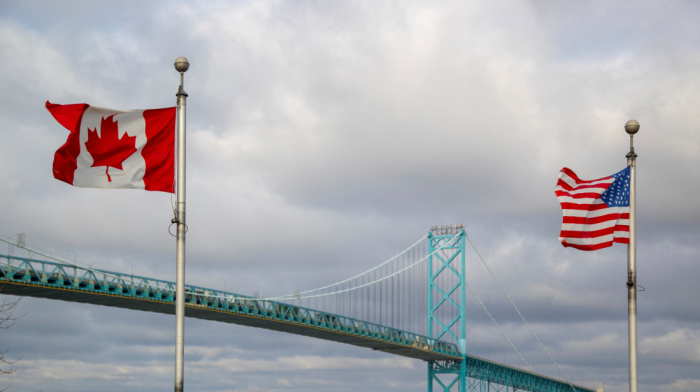

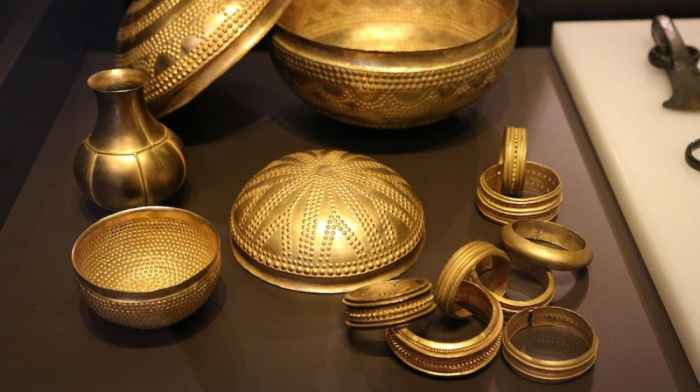

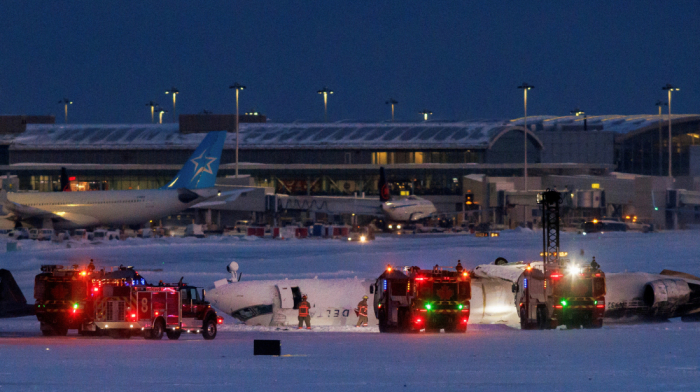
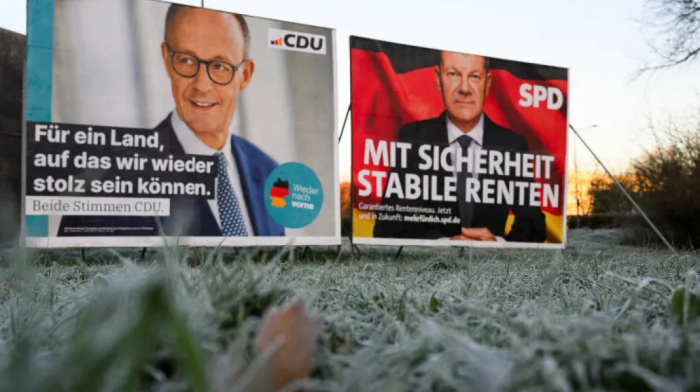
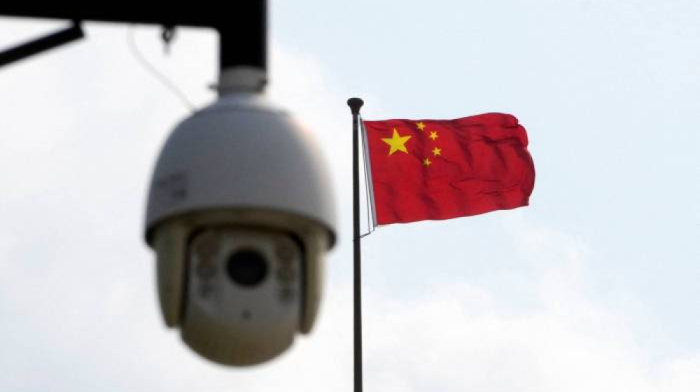
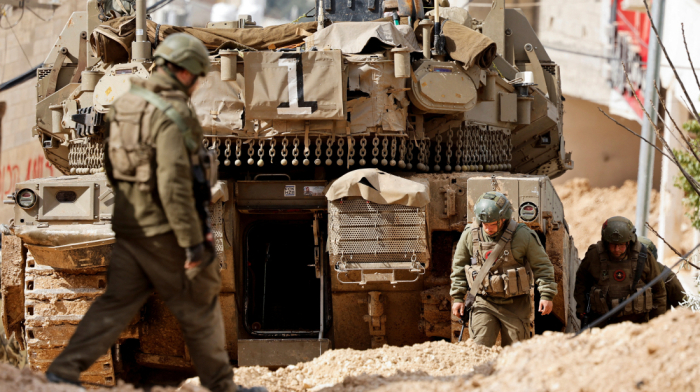
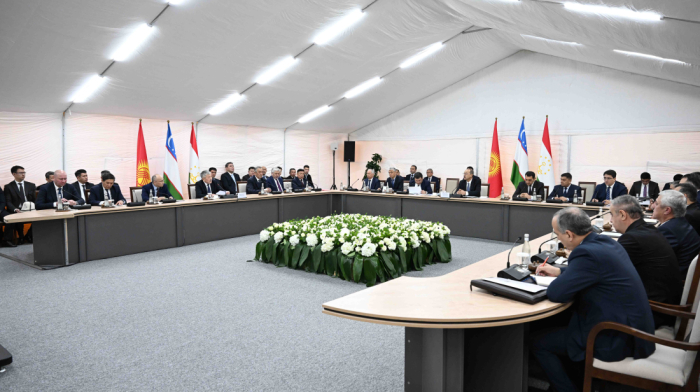
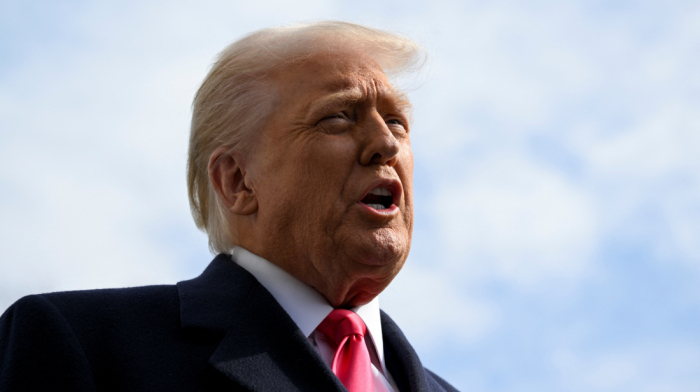
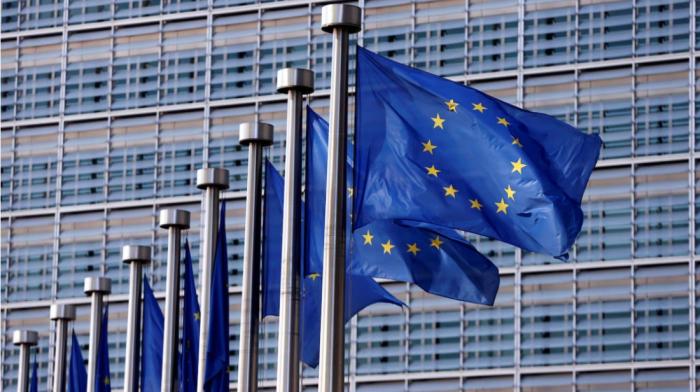
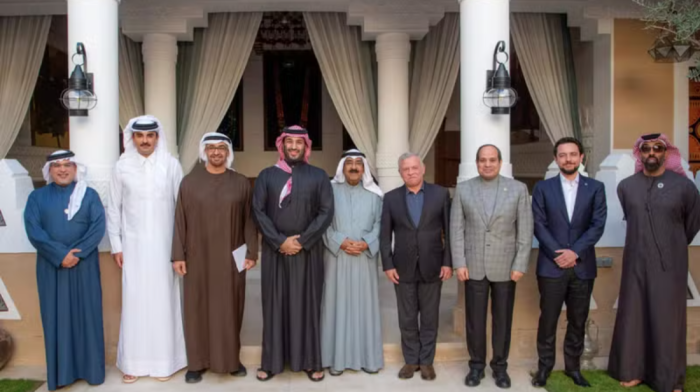

What is your opinion on this topic?
Leave the first comment